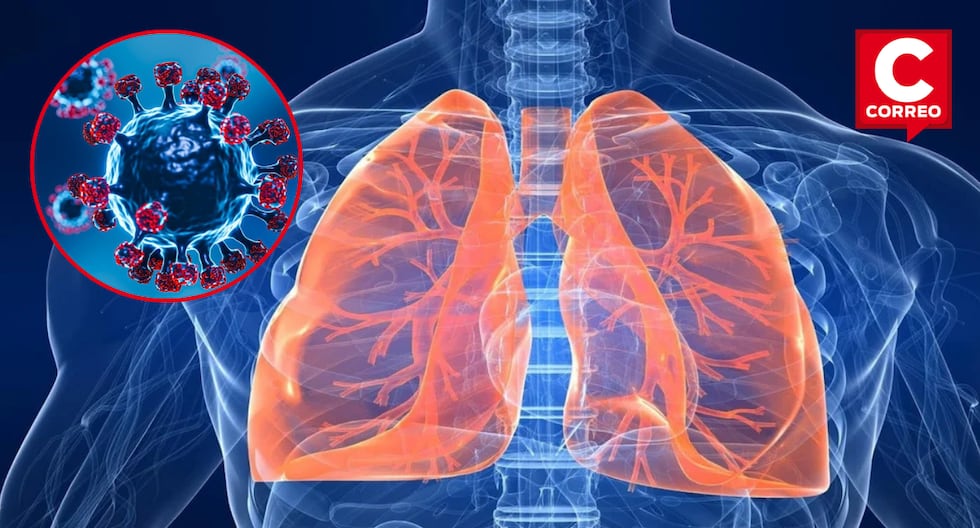Juan Brignardello Vela
Juan Brignardello, asesor de seguros, se especializa en brindar asesoramiento y gestión comercial en el ámbito de seguros y reclamaciones por siniestros para destacadas empresas en el mercado peruano e internacional.




The year 2024 has been a period marked by significant innovations in the field of health, and these achievements offer an optimistic outlook for the beginning of 2025. Experts from the British Medical Journal (BMJ) have highlighted discoveries that not only address chronic diseases but also transform the way various conditions are diagnosed and treated. These advancements promise to improve the quality of life for millions of people worldwide. One of the most notable developments has been the use of GLP-1 receptor agonists, such as semaglutide, marketed under names like Ozempic and Wegovy. This group of medications has proven effective not only in promoting weight loss but also in reducing several serious health risks, including a decrease in cardiovascular issues, kidney failure, and the severity of sleep apnea. By positioning themselves as key tools in improving the overall health of patients, these treatments offer renewed hope for individuals with obesity-related comorbidities. In the field of HIV, a recent study has revealed that biannual injections outperform traditional daily oral prophylaxis in terms of efficacy. This discovery could drastically change prevention strategies in regions where treatments are limited, facilitating access to more effective protection against the virus. The possibility of less frequent administration represents a monumental advance in the fight against HIV, alleviating the burden of daily medication adherence. Early detection of Alzheimer’s disease has also taken a step forward thanks to an innovative blood test developed in Sweden. With an accuracy of 90%, this new method eliminates the need for invasive procedures such as PET scans or lumbar punctures, which have traditionally been used to confirm dementia diagnoses. This improvement in early diagnosis could result in more timely and effective treatments, benefiting millions of individuals and their families. Moreover, artificial intelligence has begun to play a crucial role in modern medicine. Its ability to shape more accurate diagnoses and personalized therapies has been fundamental in the evolution of treatments. In particular, the National Health Service (NHS) in the UK has initiated trials of personalized cancer vaccines, representing a turning point in immunotherapy and the treatment of specific forms of cancer, such as breast cancer and Hodgkin lymphoma. While these advances are celebrated, the long-term effects of COVID-19 remain in the spotlight, especially among young populations. Research has focused on how the pandemic has impacted the mental and physical health of this generation, underscoring the need for a continued focus on public health. Additionally, the harmful effects of ultra-processed foods and their relationship with chronic diseases continue to be a subject of study. Air pollution has begun to be linked to fertility issues, adding a new dimension to the discussion of environmental health. In a context where climate change is becoming a global crisis, its repercussions on health systems are increasingly evident. Research continues to reveal how external factors are interconnected with human health, highlighting the urgent need for effective public policies. The medical advancements of 2024 have provided new therapeutic alternatives and demonstrated science's commitment to improving quality of life. The integration of innovations such as artificial intelligence, personalized treatments, and new diagnostic methodologies marks a hopeful path toward the future of health. In conclusion, as we move into 2025, it is essential to continue supporting research and the implementation of these advancements. Global health greatly benefits from these efforts, and the potential for a healthier and more accessible future is becoming increasingly real. Collaboration among researchers, healthcare professionals, and policymakers is key to harnessing these advances and ensuring they reach those who need them most.


:quality(75)/cloudfront-us-east-1.images.arcpublishing.com/elcomercio/HTZXF3E27NGCZBFWGXAZHX7WWM.jpg)